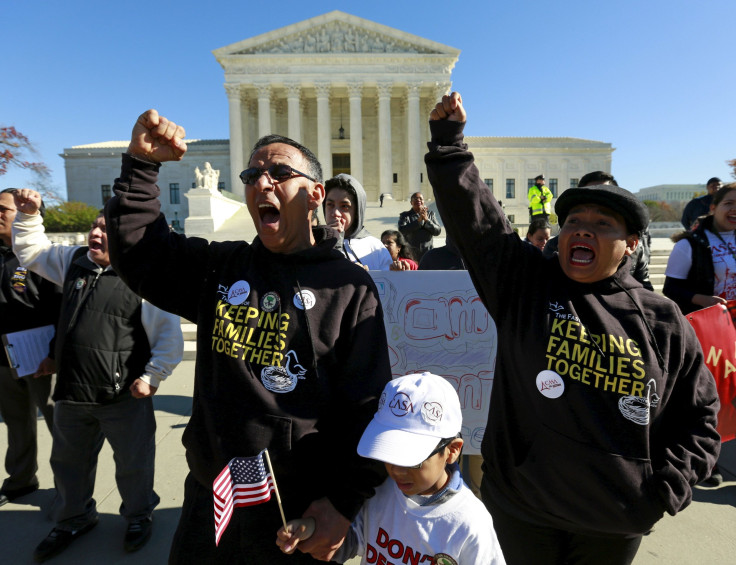Immigration Reform: To Get Driver’s Licenses For Undocumented Immigrants, Activists Plan Rally In Rhode Island

After an emotionally charged debate last week in Rhode Island on whether to make driver’s licenses available to undocumented immigrants in the state, activists and immigrants plan to protest state lawmakers’ seeming resistance to the policy. They said they will hold a march late this summer that will also honor labor leader Cesar Chavez's march across California's Central Valley in the 1960s.
The bill that would have allowed Rhode Island to issue the licenses died when state House Speaker Nicholas Mattiello said he wouldn’t let a vote happen before the session's end in June.
“My opinion is, the electorate across the state, the citizens of the state, are not in support of it,” Mattiello, a Democrat, said last week, according to the Associated Press. “So we’re going to respect what the majority of the citizens in the state want to do.”
Rhode Island's Latino population is concentrated in Providence and some nearby cities. There are roughly 35,000 undocumented immigrants in the state. While Rhode Island is dominated by Democratic lawmakers, those who come from less-Hispanic suburbs don’t appear to be as keen on giving undocumented immigrants licenses.
The activists planning a large rally in the late summer to protest inaction in this regard appear to have sought support instead from national politicians. Although former Secretary of State Hillary Clinton opposed the policy when she first ran for president in 2008, both she and her main rival, Vermont Sen. Bernie Sanders, now support giving undocumented people the ability to drive legally.
Republicans, on the other hand, tend to support strict immigration proposals, and some advocate the deportation of all of the estimated 11 million illegal immigrants living in the country. That approach, favored by Republican presumptive nominee Donald Trump, would cost an estimated $400 billion to $600 billion over 20 years. It would also result in an estimated $1.6 trillion drop in U.S. real gross domestic product.
© Copyright IBTimes 2025. All rights reserved.






















